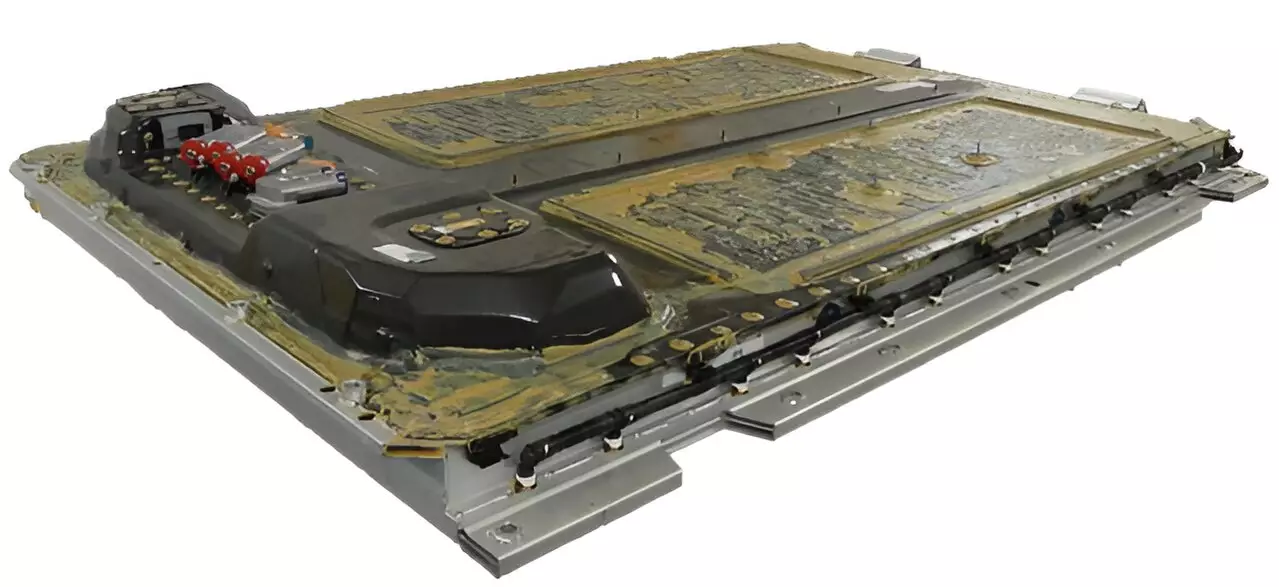The COOLBat project is a joint research venture aimed at developing next-generation battery enclosures for electric vehicles. The primary goal is to make these enclosures lighter, thereby increasing the range of electric cars, while also reducing the carbon dioxide emissions associated with their production. By combining individual systems, introducing new heat-conductive materials, and utilizing bio-based flame retardant coatings, the project partners are striving to achieve a 15% decrease in carbon emissions.
One key strategy being pursued by the researchers is the integration of thermal and mechanical functions within the battery enclosures. By combining cooling channels with load-bearing structures and integrating underride protection with the base plate, the researchers are able to minimize weight while maximizing efficiency. These innovative design concepts not only reduce the overall mass of the enclosures but also enhance the protection of the battery cells from both mechanical stress and overheating.
In an effort to enhance heat dissipation and improve fire protection, the researchers are exploring the use of ecofriendly materials. Conductive pastes traditionally used for thermal connections are being replaced with plasma-metallized reusable foams. Additionally, bio-based flame retardant coatings containing lignin are being applied to the underside of the enclosure lid to prevent the spread of fire from the battery cells.
The COOLBat project is not just focused on improving the performance of battery enclosures but also on promoting a circular economy and material reduction. By designing the enclosures for disassembly and non-destructive removal down to the component level, the researchers are emphasizing the importance of reusability and sustainability. This approach not only reduces the carbon footprint but also lowers repair costs in the long run.
Looking ahead, the project partners are considering the transfer of their innovative solutions to other industries where large batteries are utilized. These applications include trains, aircraft, boats, and even cooling systems for transporting sensitive goods like food and medications. The fire protection solutions developed as part of the COOLBat project could also find potential applications in building safety measures.
By focusing on lightweight construction principles, functional integration, and environmentally conscious materials, the COOLBat project is paving the way for a new era of battery enclosures for electric vehicles. Through collaboration and innovation, the researchers are not only improving the performance and sustainability of electric cars but also setting the stage for broader applications across various industries.


Leave a Reply